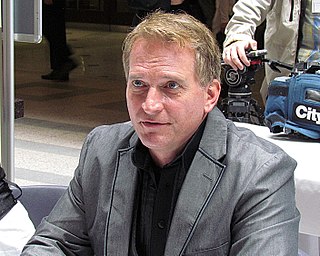A Quote by Barbara Ehrenreich
Employers have gone away from the idea that an employee is a long-term asset to the company, someone to be nurtured and developed, to a new notion that they are disposable.
Related Quotes
Some good employers provide people benefits. Many do not. The ones that do not tend to be the low end of the pay scale. This program will give those employers a way to support their employees. The employees will get this benefit, making it more likely that their employee will come back to them - that's a benefit for the employer over the long term and a benefit for the employee and all the while supporting families in their time of need.
Being captive to quarterly earnings isn't consistent with long-term value creation. This pressure and the short term focus of equity markets make it difficult for a public company to invest for long-term success, and tend to force company leaders to sacrifice long-term results to protect current earnings.
The most important thing that a company can do in the midst of this economic turmoil is to not lose sight of the long-term perspective. Don't confuse the short-term crises with the long-term trends. Amidst all of these short-term change are some fundamental structural transformations happening in the economy, and the best way to stay in business is to not allow the short-term distractions to cause you to ignore what is happening in the long term.
Volatility is a symptom that people have no idea of the underlying value-that they have stopped playing the asset game. They're not buying because it's a company with certain attributes. They're buying because the price is rising. People are playing games not related to any concept at all of what the long-term value of the enterprise is. And they know it.
To generate any appreciable degree of long-term affluence requires scrupulous honesty and the willingness to honor long-term agreements with employers, suppliers, partners, and especially customers. The flimflam artist may generate a few quick bucks through fraud or misrepresentation, but no successful and lasting business enterprise was ever founded on such principles.





































